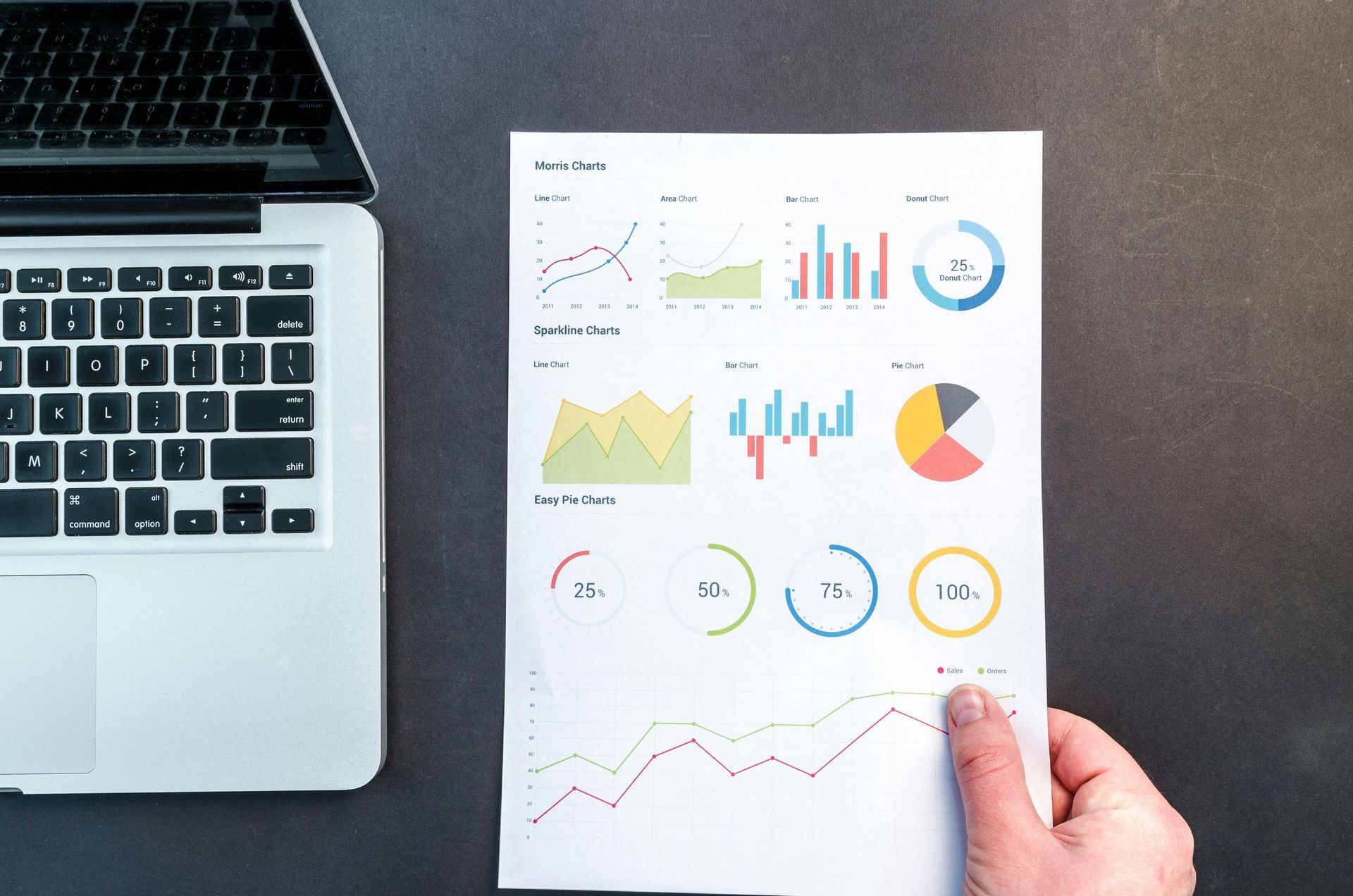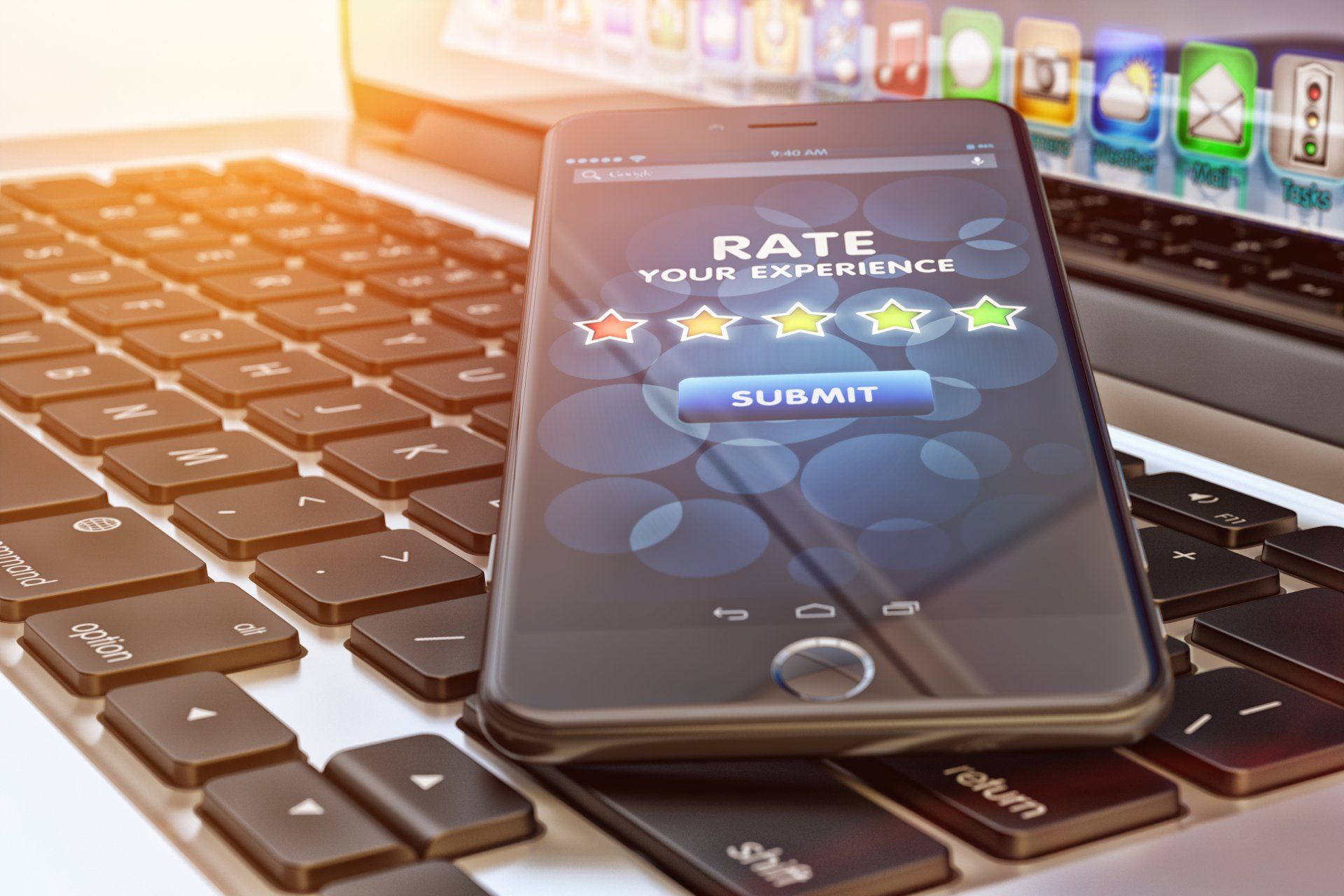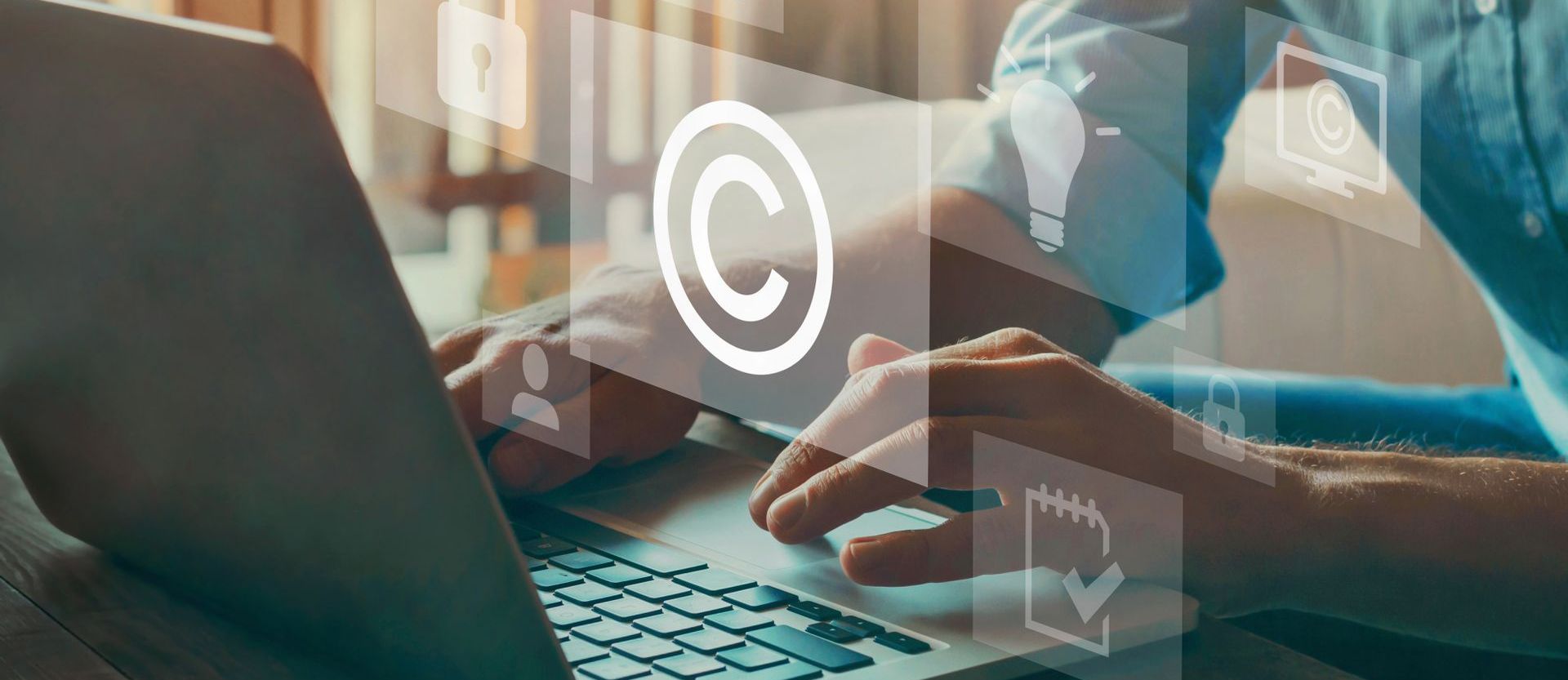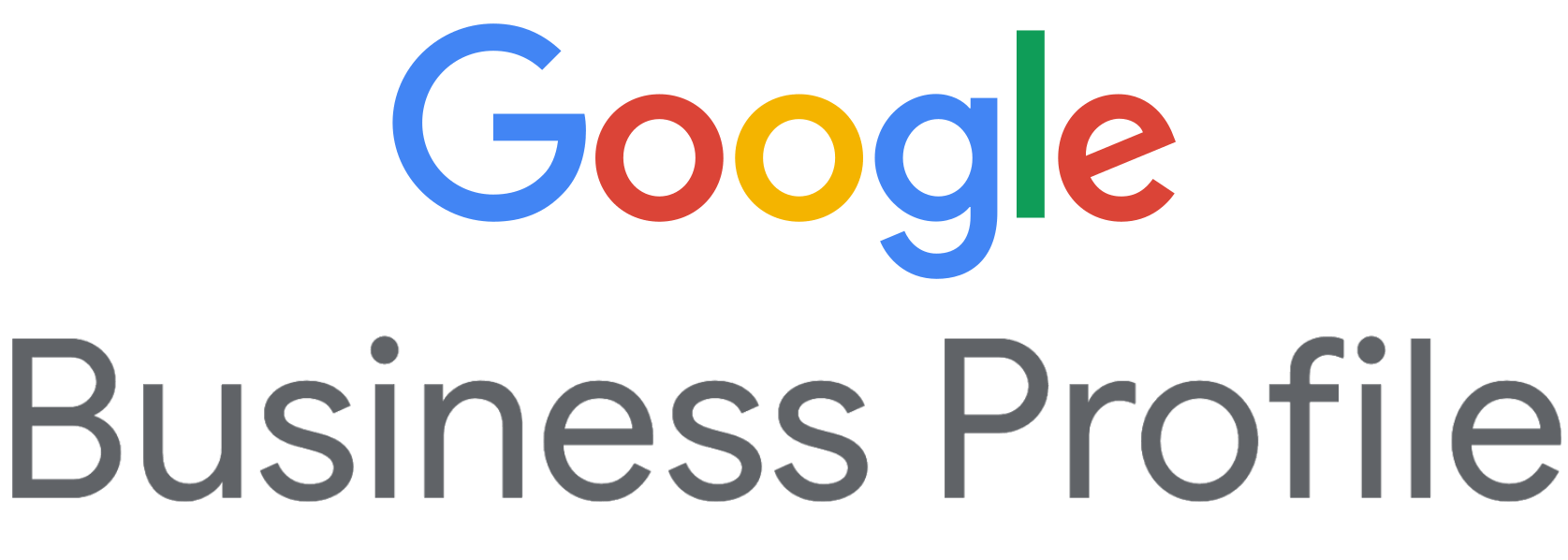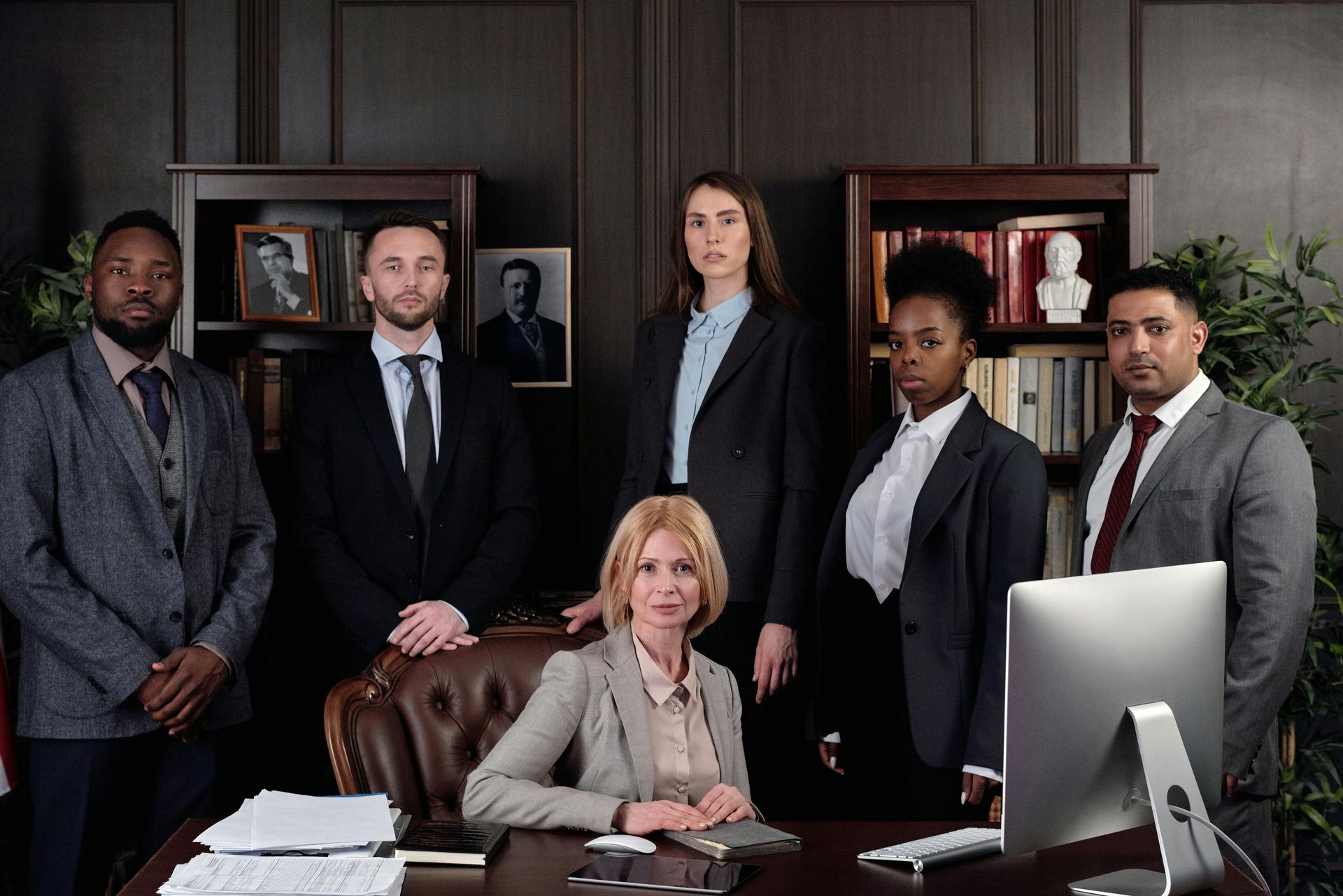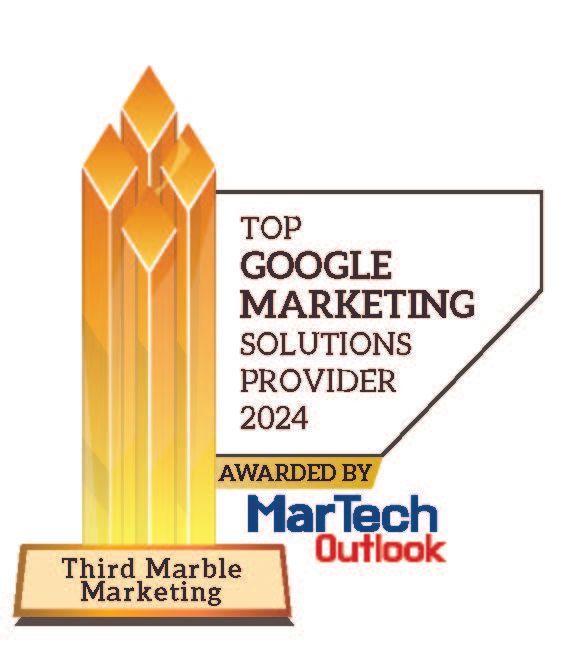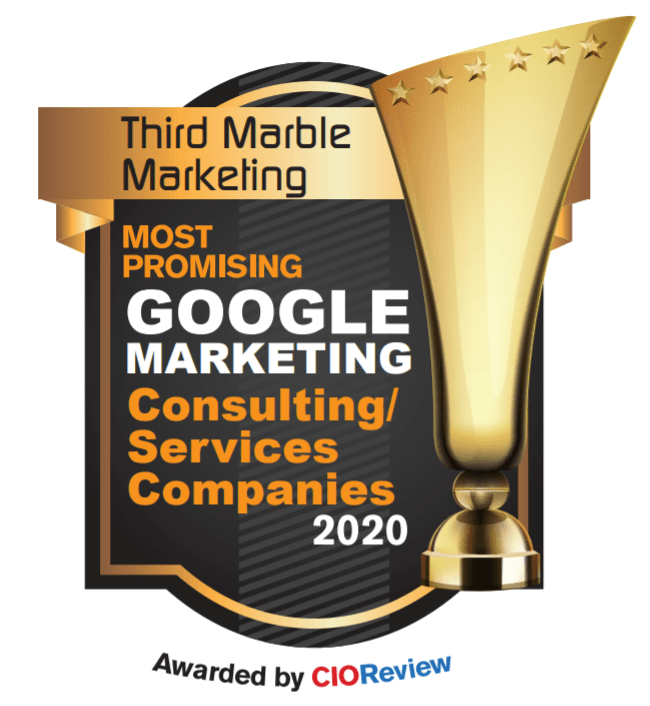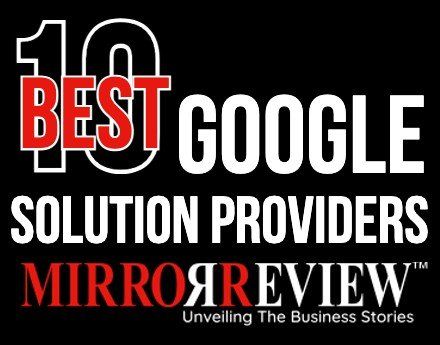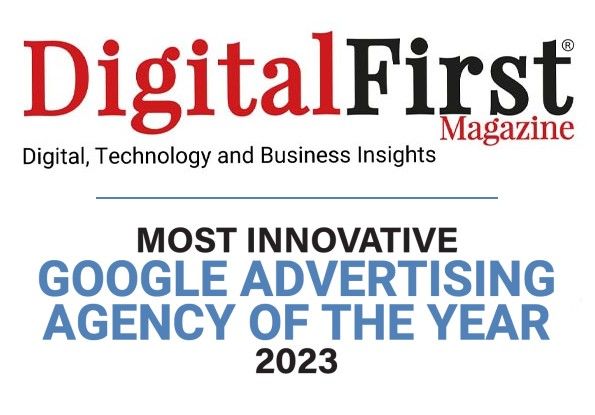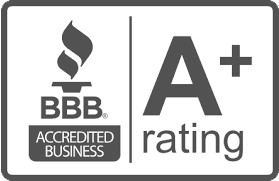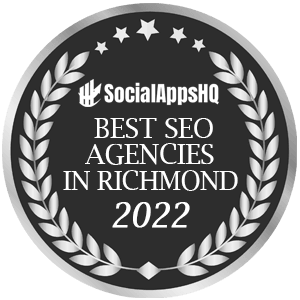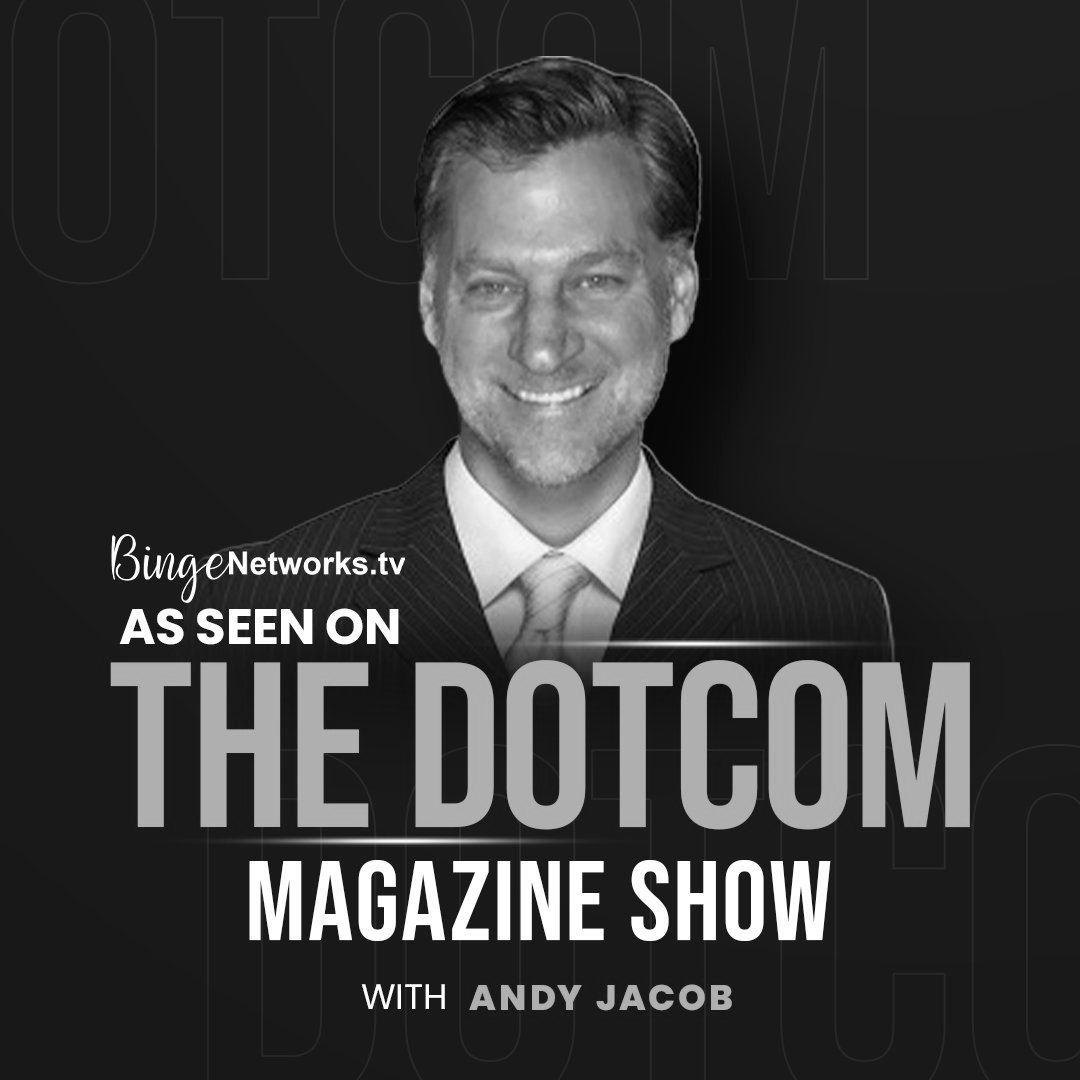Can I Use ChatGPT Content on my Website?
ChatGPT Generated Content is a Combination of Other People's Work, So You Might Expose Your Business to Trademark and Copyright Infringement Issues.
is the content produced by chatgpt copyright protected?
The content produced by ChatGPT is not automatically protected by copyright. However, if the content is original and created by a human, it may be eligible for copyright protection. It is important to note that the copyright status of any text generated by a machine learning model like ChatGPT would be determined by the specific circumstances of its creation, including the inputs provided to the model and the extent to which any human authorship can be demonstrated. Additionally, it is important to respect any third-party rights, such as trademark or other intellectual property rights, in any content generated by ChatGPT.
can I copy anything chatgpt produces to a website and not worry about trademark or copyright issues?
It is not advisable to copy anything produced by ChatGPT to a website without first determining whether it would infringe on any trademark or copyright rights. It is important to respect any third-party rights, such as trademark or other intellectual property rights, in any content generated by ChatGPT.
Additionally, it's important to note that text generated by a machine learning model like ChatGPT may be protected by copyright in certain circumstances. So, it's better to check with a legal professional before using the content for any commercial purposes.
In general, it's always a good idea to get permission or a license from the rights holder before using copyrighted content, and to credit the source of the content.
How do I know if the content produced by chatgpt was produced by a human, or by a machine?
It can be difficult to determine whether the content produced by ChatGPT was created by a human or by the machine, as the model is trained on a large dataset of text written by humans, and its output can be similar to human-written text in many cases. However, there are a few clues that can help distinguish machine-generated text from text written by a human.
One way to determine whether the content was produced by a machine is to look for patterns or repetition in the text that would be unlikely to occur in human-written text. For example, machine-generated text may repeat phrases or sentences, or use overly formal or stilted language.
Another way to check if the text was written by a human or machine is to check the source of the text. If the text came from a website that specializes in machine-generated text, then it is most likely machine-generated text.
You could also perform a quick online search of the text to see if it matches other content that already exists online, which could indicate that it was machine-generated.
Ultimately, it's important to remember that machine-generated text can be similar to human-written text in many cases, so it may not always be possible to determine with certainty whether a piece of text was produced by a human or a machine.
Can I see the source of the content produced by chatgpt?
The source of the content produced by ChatGPT is the large dataset of text it was trained on. This dataset contains a variety of text from various sources, such as books, articles, and websites. The dataset is proprietary, so it is not publicly available, and the specific sources of the text within the dataset are not typically disclosed.
It's worth noting that ChatGPT is a machine learning model that generates text based on patterns it has learned from the training dataset, so it doesn't "remember" the exact source of the text it generates. Therefore, it is not possible to see the specific source of the text produced by ChatGPT.
It's also important to remember that the text generated by ChatGPT can be similar to text found in various sources, and it can be hard to determine if the text generated by ChatGPT came from a specific source or not.
What is the legal liability of using chatgpt content publicly without claiming he source of the information correctly?
The legal liability of using content produced by ChatGPT publicly without correctly identifying the source of the information can depend on a variety of factors, including the specific content in question and the way in which it is used.
In general, it's important to respect any third-party rights, such as trademark or other intellectual property rights, in any content generated by ChatGPT. If the content produced by ChatGPT is similar to existing copyrighted material, using it publicly without permission or a valid license could result in a copyright infringement claim.
Additionally, if the text generated by ChatGPT is being used for commercial purposes, it's important to ensure that it does not infringe any trademark rights and that any use of the text does not mislead or deceive consumers.
It's also important to note that failure to attribute the source of the information correctly can be considered as plagiarism, particularly if it's being used in an academic or scholarly setting.
It's always a good idea to consult with a legal professional before using any content generated by ChatGPT, especially if it will be used publicly or for commercial purposes, in order to ensure compliance with applicable laws and to minimize potential legal liability.


